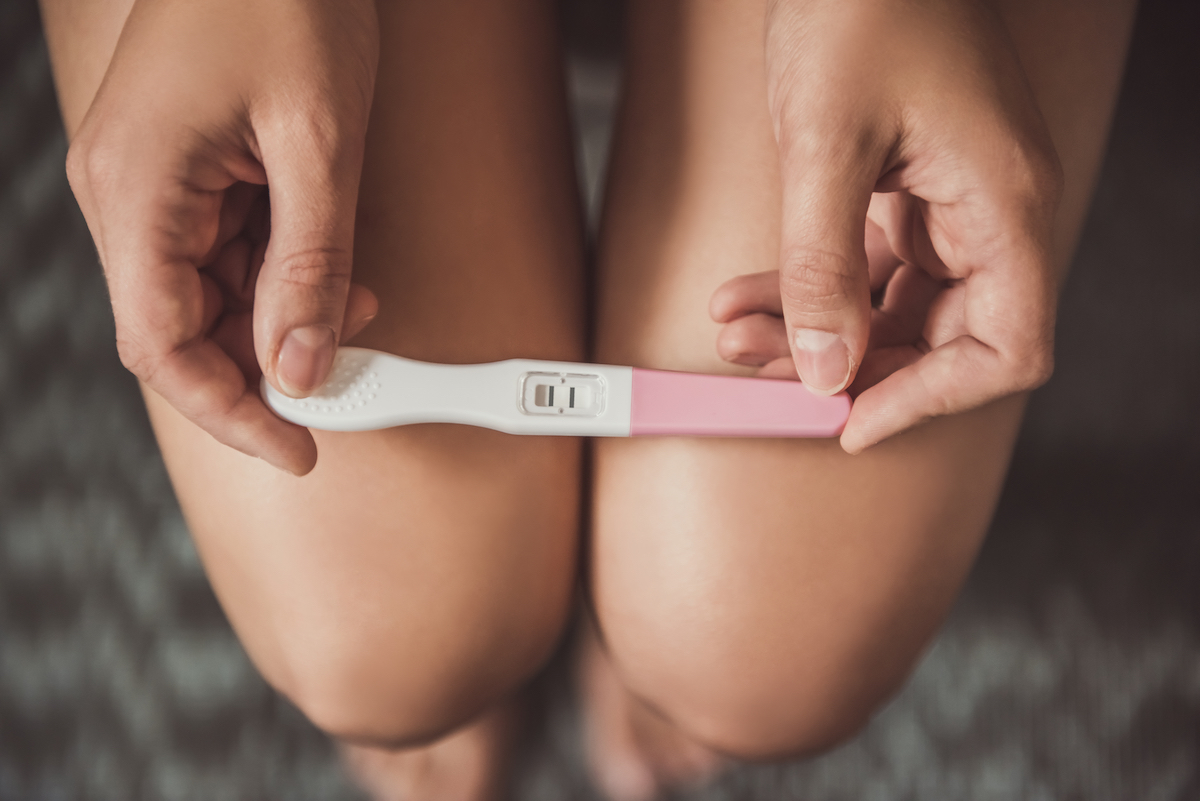
For many women, a new chapter of their reproductive life begins in the bathroom as they urinate on a plastic stick. Whether it’s to track fertility in hopes of a pregnancy, to confirm they’ve conceived, or to mark the end of their menstrual cycle forever, hormonal tests play a critical role.
At Tryon Medical Partners, Caroline Pharr is a nurse practitioner specializing in Women’s Health, with invaluable insights into hormonal testing for women. Her daily practice revolves around addressing various aspects of women’s health, from gynecology to sexual health concerns. She highlights some key facts about hormonal tests, including what they are, when to use them, and how.
What are hormonal tests?
Caroline outlines the three main hormonal tests as ovulation tests, pregnancy tests, and menopause tests. Each test works by detecting certain hormones in your urine. However, each test is detecting something different.
- Ovulation tests. Ovulation tests are used to identify the window in time when you are most fertile and likely to become pregnant. These tests detect luteinizing hormone (LH) levels in the urine, which helps to predict especially fertile days. While the tests can’t confirm ovulation, they can provide a helpful guide for those seeking to conceive.
- Pregnancy tests. Pregnancy tests are tools to confirm pregnancy. They work by detecting human chorionic gonadotropin (HCG) in urine, which is typically produced after embryo implantation. They are highly accurate tests but can be confirmed by a blood test, as desired.
- Menopause tests. Most recent to market, menopause tests assess for follicle-stimulating hormone (FSH) in the urine. However, to officially diagnose menopause, the absence of menstrual bleeding for a full year is required.
When should I use them?
At-home hormonal tests aren’t always the best option. Caroline outlines when it is helpful and when another option should be considered.
- Ovulation tests. For healthy patients, tracking cycles using LH tests is recommended, but Caroline suggests additionally monitoring ovulation symptoms to further narrow down when ovulation is occurring. She also notes that for individuals with irregular periods or conditions like polycystic ovary syndrome (PCOS), ovulation tests may not be enough and consulting a clinician for further blood tests might be necessary.
- Pregnancy tests. Although a pregnancy test should be sufficient to detect pregnancy in the average patient, Caroline recommends that for high-risk pregnancies or those with fertility-related concerns, they take an additional blood test that is more sensitive and available in clinical settings.
- Menopause tests. Although Caroline appreciates there is now an over the counter hormone test for women outside of their reproductive years, she cautions against relying on at-home menopause tests due to their potential inaccuracies.
“While these tests can be helpful and convenient for patients to access, it’s important to remember that patients who have a more complicated reproductive history will likely receive more benefit from a conversation with their clinician and more in depth testing,” Caroline adds. “These tests aren’t always the best tools for determining a woman’s reproductive stage.”
How should I use them?
For pregnancy and ovulation tests, Caroline recommended following the instructions carefully. For pregnancy tests specifically, she advises waiting a few days after a missed period for most accurate results and seeking medical confirmation once a test yields positive results.
With menopause tests, following the instructions is also important, but still may not produce an accurate result. These tests could be misleading, as FSH and other hormones can fluctuate widely during the menopause transition. Caroline stresses the necessity of seeking clinician guidance when it comes to hormone testing during menopause and the menopause transition.
“Ultimately, these tests are helpful tools for giving women some insight into their bodies’ reproductive stage,” Caroline notes. “However, a clinician’s expertise is crucial for accurate diagnoses, tailored treatment, and the management of any concerns.”

